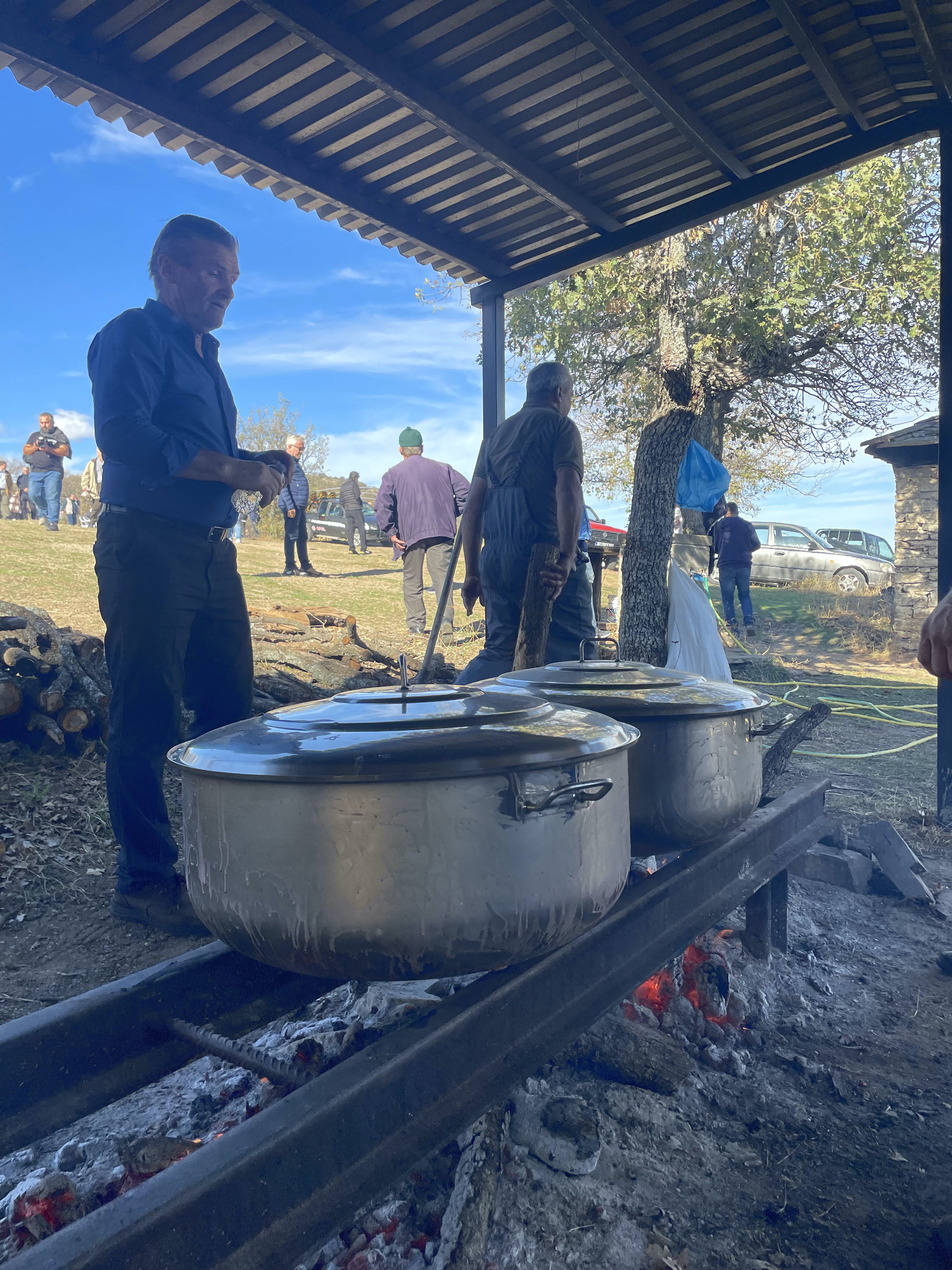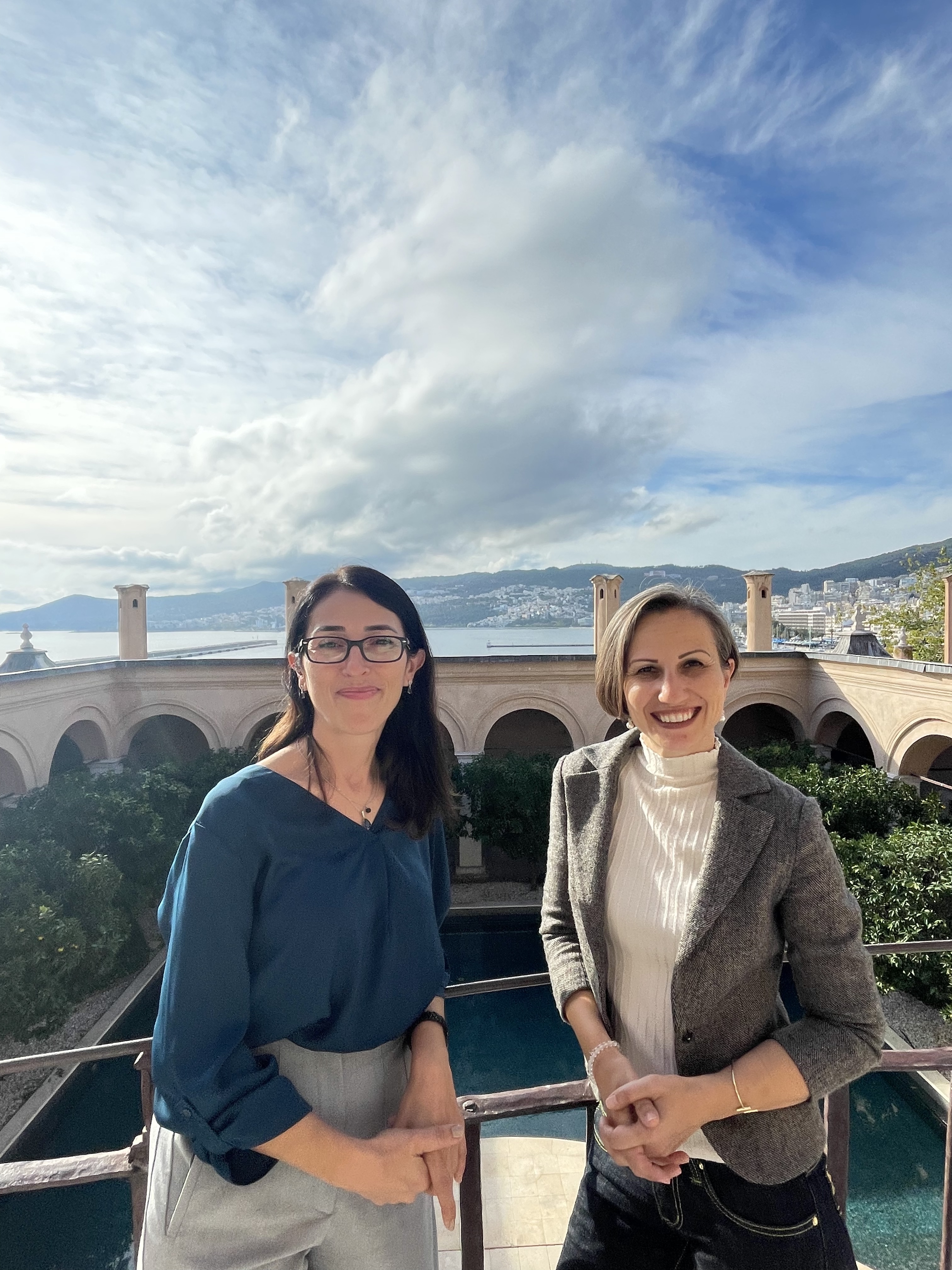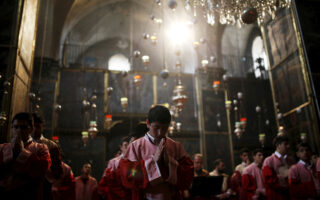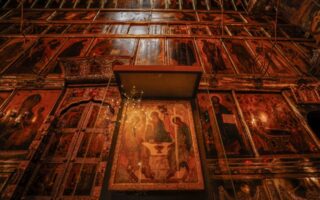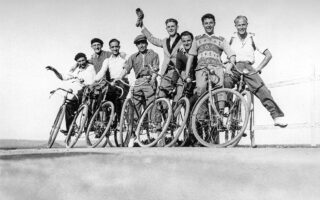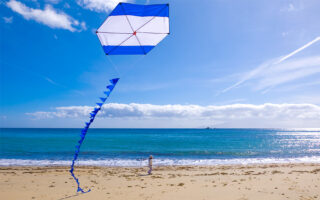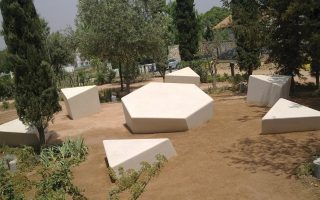The Bektashis have stopped hiding
Τhe small community of Thrace experienced a newfound openness with the first international symposium on Alevism-Bektashism in Greece
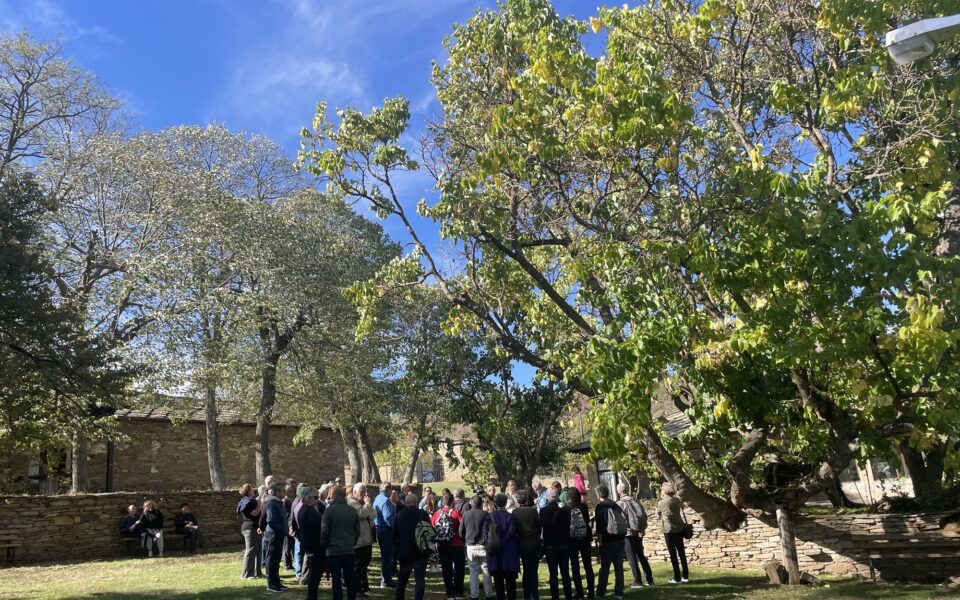
The first time Ayse Karahusseinoglou laid eyes on yellow roses was at the age of 6. Accompanied by her father, she ventured to the Health Center in Soufli, a town nestled in the regional unit of Evros near the Greek-Turkish border, renowned for its silk industry. This locale, for Karahusseinoglou, etched a lasting impression in her mind as the place adorned with the beauty of these exquisite flowers. “I returned to the village, convinced that all Christians have yellow roses,” she tells Kathimerini.
That village was Roussa. Located in Evros, it is home to approximately 3,500 members of the Alevi-Bektashi community, including Karahusseinoglou. The Bektashis, adherents of a Muslim mystic order within the Alevi doctrine, identify as Shiite Muslims. Notably, they engage in practices such as alcohol consumption and non-observance of fasting during Ramadan, characteristics that have seen them labeled as heretical by some. Historically harboring fear of persecution, particularly in the presence of Sunnis, the Alevis of Thrace opted for a reserved and secluded existence for many years.
It wasn’t until the early 1990s that visitors to Roussa didn’t have to present identification documents. “In my early years,” recalls Karahusseinoglou, “I held the belief that the entire world followed the Bektashi path.” Venturing beyond the village only when necessary, such as visits to Soufli, was the norm, and socializing with individuals outside the community was uncommon. “During our childhood, the advice given was, ‘Refrain from disclosing your Bektashi identity,’” she reflects. “Being a minority within a minority, coupled with our distance from Athens and major cities, rendered us a somewhat overlooked community. Until recently, venturing beyond our confines was a rarity, a venture we hesitated to undertake,” another member of the Bektashi community in Thrace, Ayse Kara, shares with Kathimerini.
The community experienced a newfound openness with the occurrence of the first international symposium on Alevism-Bektashism in Greece earlier this month, titled “Bektashis and Alevis in the Balkans and Anatolia: Worldviews and practices through ages and places.” This event was put together by the Motivation of Heritage Affinities (MOHA) Research Center at the Imaret Hotel in Kavala, a remarkable testament to the grand institutions of the Ottoman period. Built between 1817 and 1821, the Imaret originally served as a religious, educational, and philanthropic foundation. In recent years, extensive restoration and reconstruction efforts have been undertaken, transforming it into a functioning hotel today.
“The inspiration for the symposium originated from Anna Missirian, the founder of the MOHA Center and owner of the hotel,” shares Evangelos Areteos, a journalist and researcher at MOHA. “She staunchly holds the belief that the Alevi-Bektashi community constitutes an indispensable component of the cultural tapestry of Thrace and Thracian Islam – a vibrant and dynamic heritage that demands safeguarding,” he says of Missirian.
The symposium, held from November 3 to 5, drew notable Greek and international professors, including Konstantinos Tsitselikis, a professor at the Department of Balkan, Slavic and Oriental Studies at the University of Macedonia, and Heath W. Lowry, the Ataturk Professor of Ottoman & Modern Turkish Studies, Emeritus, at Princeton University. Members of the Bektashi community in Thrace were also integral contributors. Areteos articulates: “The symposium sought to enhance the scientific understanding within the global academic community regarding the Alevi-Bektashi beliefs in a broader context and, more specifically, to shed light on the Alevi-Bektashis in Thrace. Additionally, it aimed to serve as an inaugural gathering of Alevi-Bektashis from Turkey, the Balkans, and Europe on Greek soil.”
‘We found the courage’
‘Being a minority within a minority, coupled with our distance from Athens, rendered us a somewhat overlooked community’
Missirian’s introduction to the community happened through Lowry, who, during his research trips to the region, lodged at the Imaret. “He exposed me to Bektashism as a way of life,” she recounts to Kathimerini. Emphasizing her perspective, she states, “Thrace is a region teeming with countless stories – an incredible mosaic whose history and culture deserve more recognition.”
Recognizing the need for a more outgoing stance, the community decided to break with the past. Ahmet Karahuseyin, president of the Committee of Alevi Muslims in Thrace, candidly admits to Kathimerini, “Our parents used to hide.” With light-colored eyes and a composed demeanor, he keeps his hands entwined in front of his body and, unlike many community members, opts for a suit. His presidency was not a personal choice but a communal endorsement.
“Subsequently, the world changed,” he adds: “We found the courage and embraced openness. There’s no longer a need to hide.”
Our conversation takes place during a Qurbani ceremony on a hill a few kilometers north of Roussa. Qurbani, meaning sacrifice, involves the distribution of meat by the community during a celebration open to anyone, regardless of religious affiliation, who wishes to partake. Karahuseyin elucidates to Kathimerini that the name of God is invoked before the animals providing the meat are sacrificed, with many being votive offerings. “Most of them are offered as a gesture of gratitude,” he explains, noting that the November Qurbani specifically marks the culmination of summer. “In the old calendar, November 8 signifies the onset of winter, concluding on May 6,” he explains. Apart from the immense cauldrons bubbling with meat and rice, the hill is adorned with dozens of benches and white plastic chairs. People of all ages occupy these seats, eagerly anticipating the preparation of the food. In contrast to the younger attendees, older women don hijabs and scarves. The air is filled with music emanating from the speakers, harmonizing with the voices of vendors presenting an array of goods – spices, herbs, honey, pulses, socks, shoes, clothes, carpets; the options are myriad.
Prior to the Qurbani ceremony, we explored the Tekes of Seyyid Ali Sultan (also known as Tekes of Kizil Deli or Tekes of Roussa), located 3 kilometers away from Roussa. The term “tekes” translates to “shrine” in Arabic, and this particular site, resembling a monastery, holds historical significance as the place where Dervish Seyyid Ali Sultan arrived in 1354, marking the beginning of the Bektashi presence in Thrace. For the Bektashis, the Tekes of Roussa stands as the second most revered sacred site globally. The sole inhabitants of the Tekes are Zeki Tsolak-Ali, aged 47, and his family, who continue the family tradition for the fourth generation, serving as the guardians of the Tekes.
‘Open to everyone’
“Here I was born, here I grew up, and here my children are also growing up. I make a conscious effort to keep this space clean and well maintained,” Tsolak-Ali tells Kathimerini, highlighting the constant visits by Alevis. He emphasizes, “However, it’s open to everyone, regardless of color or belief.” Religious ceremonies unfold at this location every 15 days, requiring participants to have undergone the ikrar, the confession of faith. In a video presented during the symposium, a glimpse of one such ceremony reveals its deep connection to light, with the lighting of candles constituting a fundamental aspect, much like their religion.
As we remove our shoes and step into the ceremonial space, we find a wooden floor, a prominent fireplace, and large windows. At the center lies a significant flat stone, deemed sacred by the community, serving as a focal point for their prayers. Any potential repercussions for a community member often involve a temporary exclusion from participating in these religious ceremonies, known as “jem.” When one gives the ikrar, the promise encompasses various commitments, including being a virtuous individual, refraining from quarrels and theft, and demonstrating respect for animals, the earth, and all facets of existence, explains Karahuseyin. If someone is deemed to have deviated from righteousness, they face consequences.
“They might be barred from participating in the ceremony for a period of up to five years,” he elaborates. Such decisions are deliberated upon by the committee, of which he serves as president. His aspiration is that the Alevi tradition endures, with succeeding generations successfully preserving it, because, as he stresses, “these elements are not easily rediscovered.”
